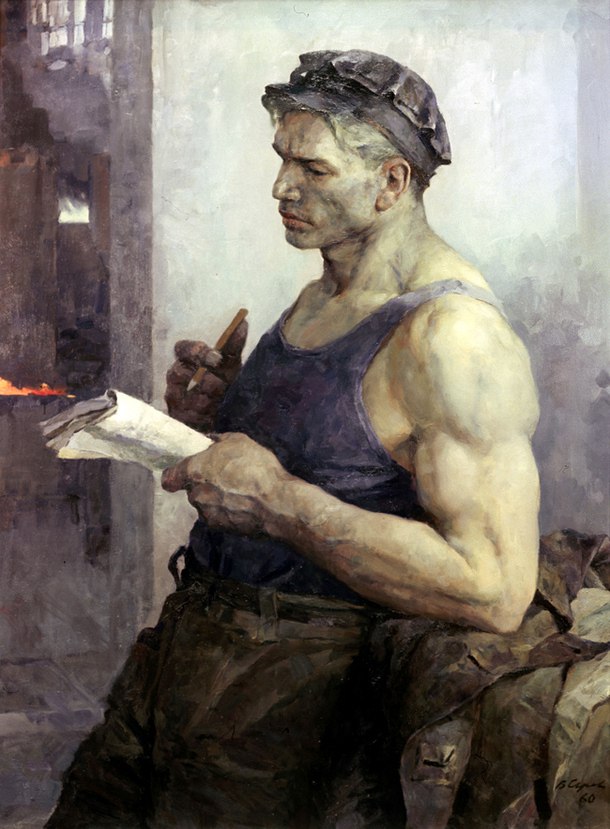This is a thought that I have been tackling for quite a while now, but in the event of a country or region undergoing decolonialization, how should settler populations, especially multigenerational populations, be handled?
For example in the example of Israel, once the nation is reestablished as a one state Palestine, what would happen to the settler population? Especially those that aren’t living or participating in illegal settlements or exploitation?
This question is complicated farther by multiple generations of people who were born in a location and have no ties to any other country or location. Those people don’t have anywhere to go and can’t be “sent back” to where they came from as they have no ties. For example if a person’s grand parents immigrated decades ago to a country as settlers, and then their children and then grandchildren were born and lived their whole lives in a location, what would you do with those grandchildren? You can’t just throw them back to the country their grandparents were from. This question is made even harder when the generations start spanning back much farther.
Another problem that I am running into is that many solutions including “leftist” ones essentially boil down to ethnic cleaning even if they do not say it outright. Or they completely ignore the question or resort to some fantasy scenario where the settlers magically disappear or all agree to move.
So how should these populations and people be handled?


It’s an incredibly difficult question rife with contradictions. Consider what happened in South Africa. Even more intense, consider what happened in Algeria. Nobody would have thought that in less than 40 years in 1939 all the white people and their compradors would be violently kicked out, but that’s what happened.
It would all depend on how things play out. Since settlers are the majority in settler colonial nations, I’m gonna guess and say there will be some sort of civil war similar to Russia 1917 and won’t be pretty. Settlers are definitely not going to want to give up their property, rich or not so rich. However, property is hugely tied to colonialism. How this happens imo depends on several things:
Which settlers were on the side of the revolution and who was against?
Will the economy crash as a result of revolution? I think it is likely. We will likely first and foremost see a large exodus of economic refugees, (provided that the devastation is similar to 1917) which will unfortunately hurt a lot of working class people, I’m gonna guess the majority of them will be settlers.
Obviously, utilize the wealth confiscated from the rich to bring all the oppressed peoples up to a good living standard to kickstart a socialist economy. Give Indigenous people sovereignty over their lands and increase them in size substantially.
Perhaps after a civil war and the most reactionary elements are defeated/fled (hypothetically) and there is a strong socialist state, I think we would just see a mass requisition of property over X value, regardless of race, giving exception to Indigenous people and maybe others. Most “middle class” workers will likely keep their house, with the richer aristocrats having their property seized and likely relegated to decent public housing. Give people adequate compensation so they don’t get feelings of revanchism, and re-educate the most reactionary sorts. Give people the option to emigrate to their ancestor countries with a little financial compensation (taken from the hyper rich, of course). Although I don’t think this is a morally good idea to be paying white people off, I think it would have the lowest cost in the long term. Obviously not to the extreme that Britain paid off former slave owners.
Other than that, who knows that the future will hold. Ideally, we would want some sort of articles of constitution that prevent white people from having a hold over the DOTP to undo the gains of the revolution. If settlers don’t like this, then they get re-educated, if that doesn’t change their mind, then deportation.
deleted by creator
Well said. The French got what they deserved and their colonization was outright evil. In countries where settlers are a majority, the prospect of something like Algeria does scare them, but I don’t think it’s as likely as settler-colonialism is more entrenched in N America. Anything could happen in a short span of time though.
You bring up several good points, and of course, my post did not bring up all the possible nuance, but I agree with practically all your points.
Though it should probably be assumed that a revolution will inherently lead to a civil conflict. Though that will most likely have its roots more strongly tied to the higher class attempting to maintain their hegemony with racial, settler, and other nuances taking a backseat.